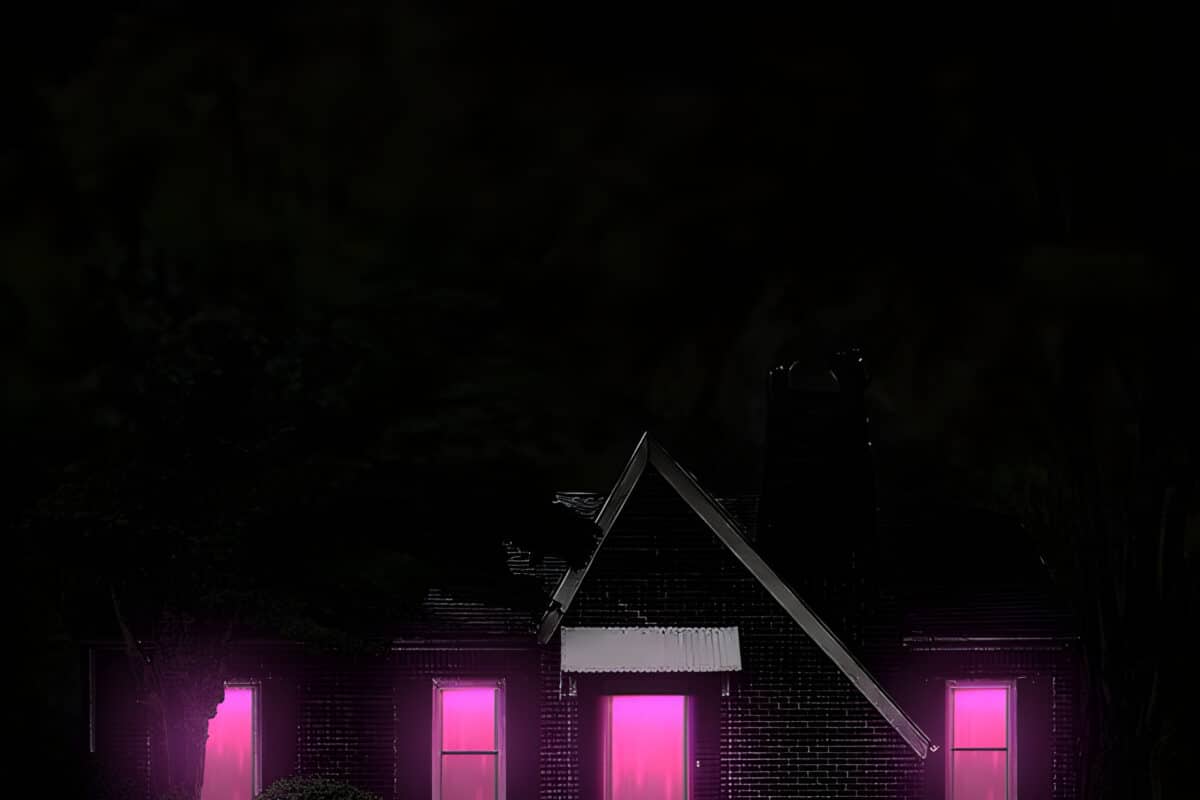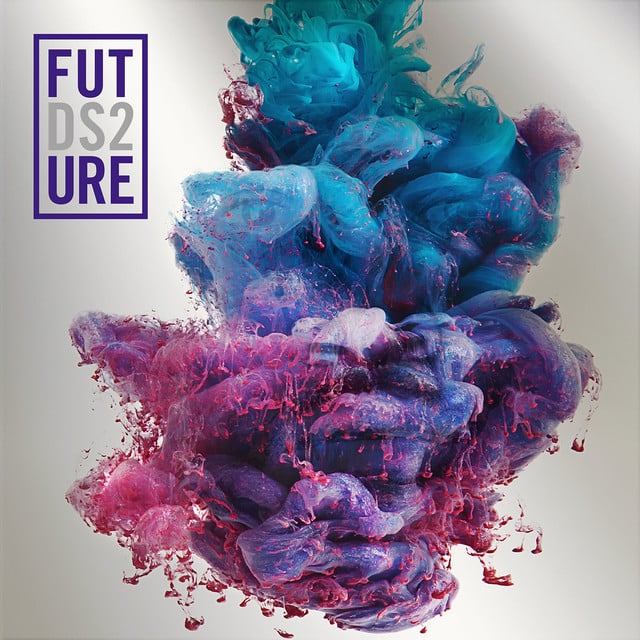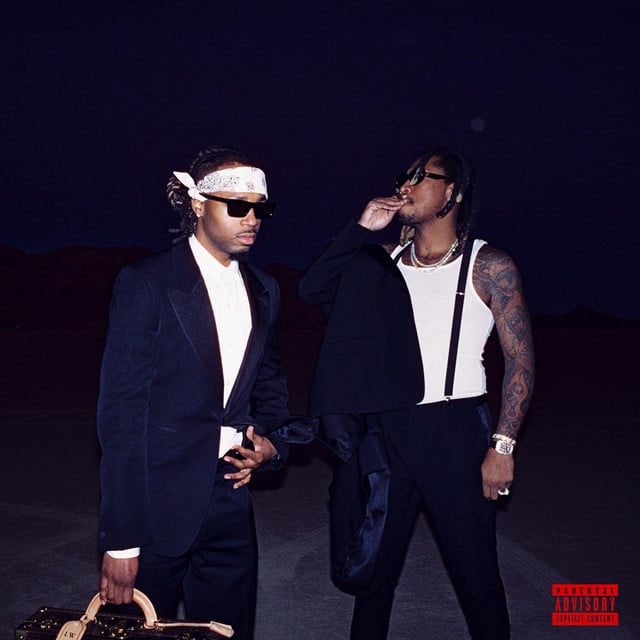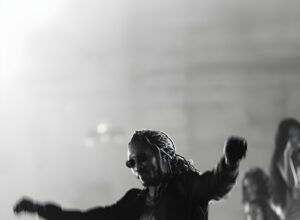Released: 2024
Future’s “Ready to Cook Up” delves into themes of success, street credibility, and the double-edged sword of fame. He raps about his readiness to excel in his craft, utilizing street slang and references that connect his lifestyle and musical prowess to his upbringing and affiliations. The song balances boasting of material wealth and success while maintaining a gritty narrative about the reality of street life and its inherent dangers.
The hook “Ready, ready, ready, ready to cook up” immediately sets the tone of anticipation and preparedness, implying that Future is both ready to create—perhaps both music and chaos. “Cooking up” is a dual reference to producing music, likely hinting at making hits or mixtapes, and to preparing drugs, specifically in street culture, thus illustrating his connection to both his artistry and his roots.
In the opening lines, “Cut the Rolls-Royce truck in half, pull up Spectre,” Future paints a vivid picture of opulence, slicing luxury in a metaphorical sense, suggesting a lifestyle that’s split between elegance and rebellion. The Rolls-Royce references also symbolize a high level of success and wealth. “I’m gettin’ certain amount of cash, look like a sex symbol” showcases the influence and allure his wealth brings, along with its potential to increase his stature and visibility as an artist.
As the song progresses, Future continues to balance this high-life with references to his connections with gang members and “grave diggers,” terms indicating affiliations with people involved in violent or criminal activities. He says “Can’t say too much on these tracks,” aware of the potential repercussions of disclosing too much about illicit activities, yet his reputation precedes him, further illustrating the duality of fame and the streets.
Further into the track, he speaks to the dependency and effects of drugs in lines like “Need a ‘script for ‘methazine and some pain pills.” The mention of prescription drugs reflects a prevalent issue within both the music industry and the communities it portrays. Future has been open in his music about using lean—a combination of codeine and promethazine—and here, it’s an indication of coping mechanisms employed to handle fame and personal issues.
“Young nigga put you on a tee, you a plate for real,” employs slang to depict the severity of the lifestyle he references. “Put you on a tee” implies death, as memorial shirts are common tributes to those lost in street violence, and “you a plate” suggests someone is being targeted. This stark language underpins the underlying theme of danger and loss interwoven with wealth and fame.
Later verses speak to the lavish, yet reckless nature of Future’s lifestyle. “Every day, we been gettin’ throwed, sippin’ Texas” speaks to his regular indulgence in intoxication, with “Texas” referring to the famed Houston drink “lean.” This illustrates a connection to a lifestyle both excessive and celebrated in hip-hop culture. The reference to “the wrong side of the road” conveys a sense of rebellion and disregard for societal norms, typical of his brand of rap.
The imagery of money laundering in “Take the dirty money, clean it at the wash house” plays into the trope of crime lore where illicit earnings are concealed within legal businesses, blending reality with storytelling to bolster his street narrative. It continues the juxtaposition of luxurious life against the criminal undertones.
Throughout the song, there is also a frequent use of aggressive metaphors and weapon imagery, “Totin’ a stick like a guitar, ready to rock out,” aligns musical talent with the readiness to engage in violence, presenting himself as someone adept both on stage and in life’s darker undertakings. This duality enriches his lyrical narrative by showing depth to his identity, embracing both artistic prowess and raw survival instinct.
In essence, “Ready to Cook Up” is an audacious expression of Future’s complex persona—a millionaire rapper with ties to the streets. It bridges the gaps between triumph and struggle, flaunting wealth while acknowledging the risks and sacrifices associated with it. As a reflection of hip-hop culture’s complexities, the track stands as a testament to Future’s storytelling and persona.








